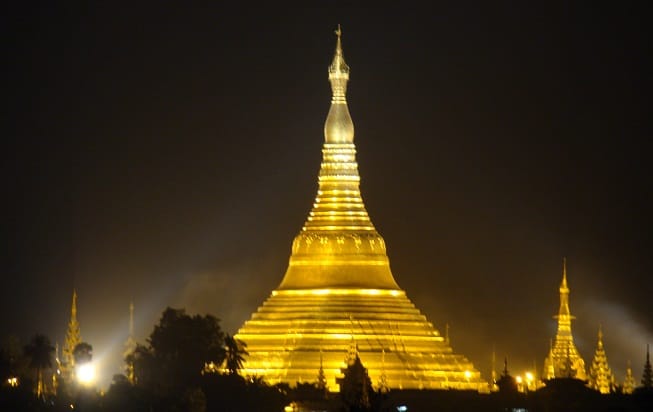While the extension of the United States’ economic sanctions has brought some level of uncertainty to foreign investors, it has also given Myanmar another year to clean up and polish their act.
In a letter to Congress explaining his decision to extend sanctions against Myanmar, US President Barack Obama noted the country’s nascent political opening despite reforms, the continued role of the military in the country’s political and economic activities, and concerns over the protection of ethnic minorities particularly in the Rakhine State. These gaps in the country’s reform process threaten to cast a shadow over Myanmar’s efforts to modernise and liberalise itself.
At the recently concluded 28th Asia-Pacific Roundtable in Kuala Lumpur, panellists such as Dr Zaw Oo, Economic Advisor to the President of Myanmar, spoke of his country’s continued push to improve its investment transparency, environmental and social standards, and fight against corruption. He cited Myanmar’s latest membership into the Extractive industries Transparency Initiative (EITI) as an example of the country’s commitment towards encouraging responsible investments. As a member of EITI, Myanmar is opening up its resource sector industry – its primary driver of growth – to public scrutiny. This also means that the government has to abide by strict and transparent processes for allocating its licences, ensuring that Myanmar does not fall victim to the resource curse.
Other panellists also noted the rich domestic debate surrounding contentious amendments to the country’s constitution that would limit the military’s veto power in parliament, as well as the public scrutiny on Myanmar’s upcoming Presidential Elections in 2015. The playing out of both issues will be critical measurements of the country’s political and civil society maturity.
Myanmar representatives at the conference did not see the extended US economic sanctions as a major obstacle to the country’s reform progress. “The US economic sanctions and Myanmar’s reform process run parallel to one another and are unlikely to influence each other,” said Daw Ngu Wah Win, a research associate from the Myanmar Development Resource Institute. She said the country will continue to work on improving its transparency and reforms in spite of the sanctions, with the hope of improving from its last-place standing in the World Bank’s 2014 Doing Business report. The index ranks the ease of doing business and business regulatory frameworks of 189 economies and selected cities.
Managing domestic and international expectations will be Myanmar’s biggest challenge yet. Although Myanmar must move quickly to take advantage of the outpouring of investor interest in the country, it must also move at a pace that its people, industries and businesses are comfortable with. Renewed US economic sanctions have unwittingly bought the country a bit of time to look inwards and concentrate on its transformation process.
Representatives from the Singapore Institute of International Affairs attended the 28th Asia-Pacific Roundtable in Kuala Lumpur from 2 to 4 June.




